Jaime Coello de Portugal
Tuning Particle Accelerators with Safety Constraints using Bayesian Optimization
Mar 29, 2022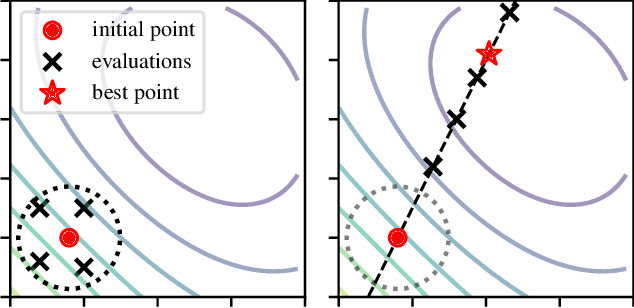
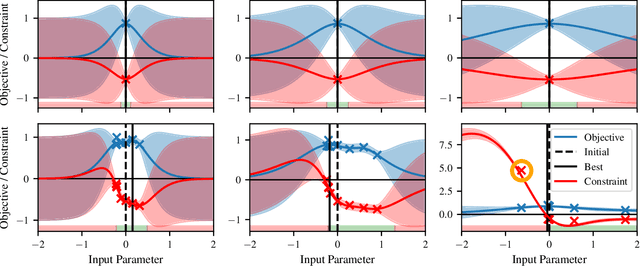

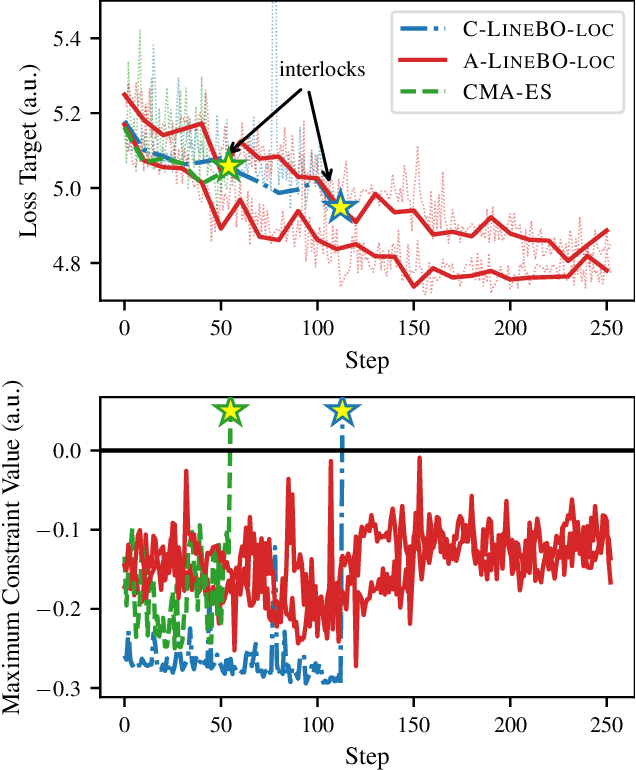
Abstract:Tuning machine parameters of particle accelerators is a repetitive and time-consuming task, that is challenging to automate. While many off-the-shelf optimization algorithms are available, in practice their use is limited because most methods do not account for safety-critical constraints that apply to each iteration, including loss signals or step-size limitations. One notable exception is safe Bayesian optimization, which is a data-driven tuning approach for global optimization with noisy feedback. We propose and evaluate a step size-limited variant of safe Bayesian optimization on two research faculties of the Paul Scherrer Institut (PSI): a) the Swiss Free Electron Laser (SwissFEL) and b) the High-Intensity Proton Accelerator (HIPA). We report promising experimental results on both machines, tuning up to 16 parameters subject to more than 200 constraints.
A Novel Approach for Classification and Forecasting of Time Series in Particle Accelerators
Feb 01, 2021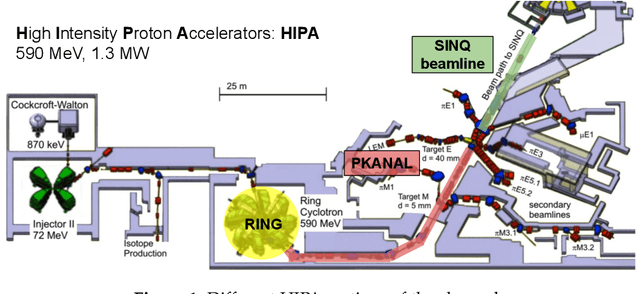

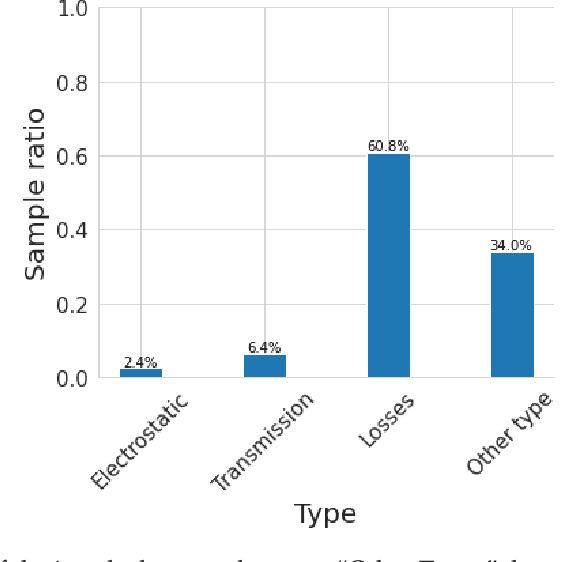

Abstract:The beam interruptions (interlocks) of particle accelerators, despite being necessary safety measures, lead to abrupt operational changes and a substantial loss of beam time. A novel time series classification approach is applied to decrease beam time loss in the High Intensity Proton Accelerator complex by forecasting interlock events. The forecasting is performed through binary classification of windows of multivariate time series. The time series are transformed into Recurrence Plots which are then classified by a Convolutional Neural Network, which not only captures the inner structure of the time series but also utilizes the advances of image classification techniques. Our best performing interlock-to-stable classifier reaches an Area under the ROC Curve value of $0.71 \pm 0.01$ compared to $0.65 \pm 0.01$ of a Random Forest model, and it can potentially reduce the beam time loss by $0.5 \pm 0.2$ seconds per interlock.
 Add to Chrome
Add to Chrome Add to Firefox
Add to Firefox Add to Edge
Add to Edge